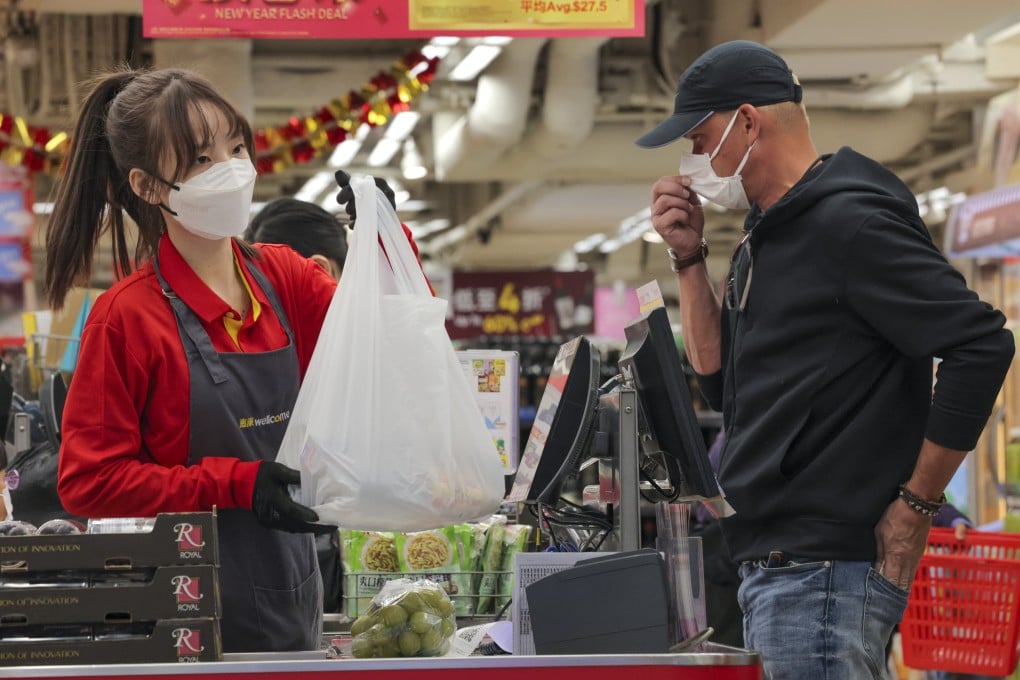Opinion | Hong Kong’s bad old practices on plastic waste continue despite new policies
- Despite a change in leadership and putting new policies in place, Hong Kong’s efforts to reduce waste appear to be failing
- The municipal solid waste disposal rate is almost double the target set in 2013, and it is too easy for customers to evade the new plastic bag levy

Many people, including me, hoped that some of the undesirable practices of the former administration would improve under the leadership of Chief Executive John Lee Ka-chiu. Six months in, clearly this has not happened.
The 2021 report did not reveal much improvement in the city’s waste management. On the contrary, it confirms that the Blueprint for Sustainable Use of Resources 2013-2022, launched 10 years ago, has failed to achieve several key targets including the daily per capita municipal solid waste disposal rate. The target set for 2022 is 0.8kg, but the latest rate has climbed to 1.53kg, meaning Hongkongers are disposing of waste at almost double the target rate.
The three types of waste that are closely associated with our daily activities – food waste, plastic bottles and plastic bags – each recorded increases in 2021 compared with 2020. This was the case even as the government-funded community green stations and stores collected more recyclables in the same period.

